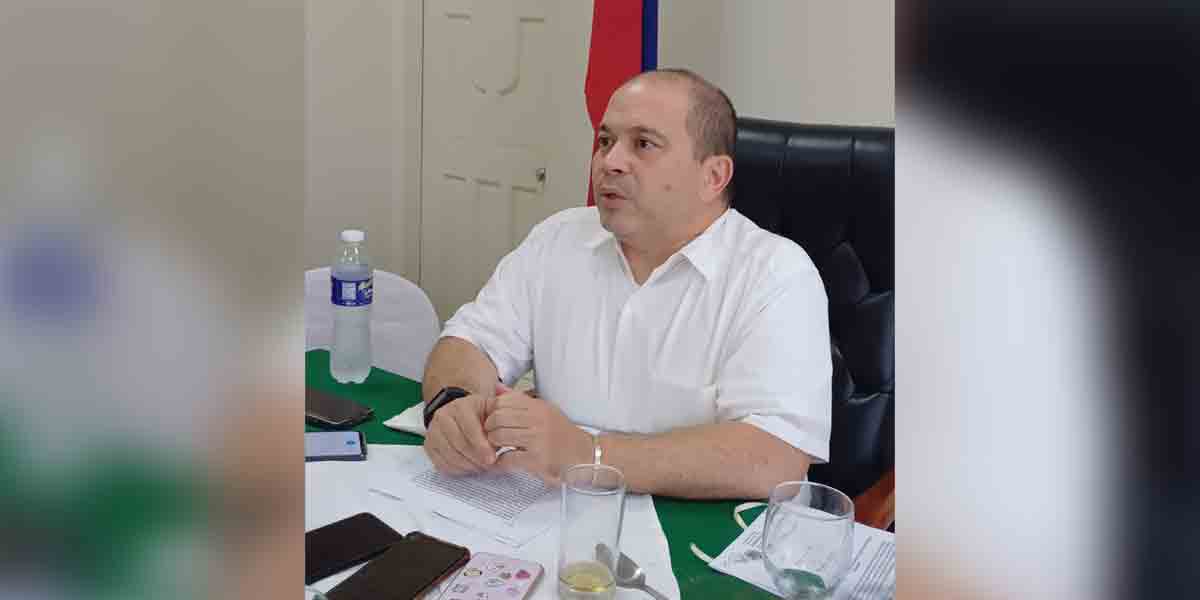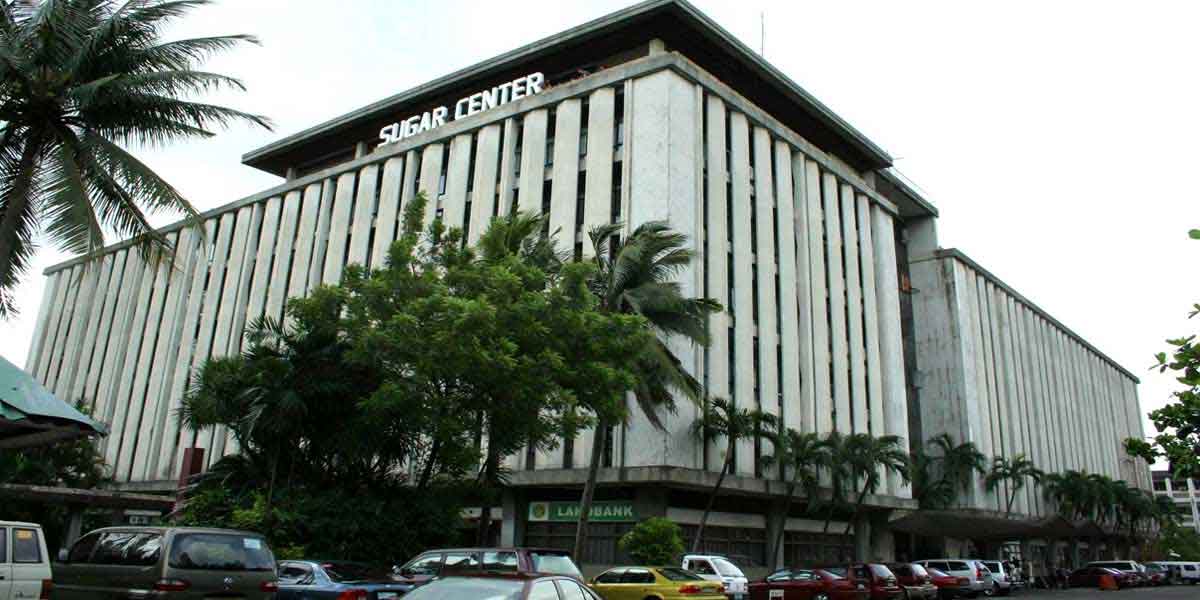By: Gerome Dalipe
The Iloilo Provincial Government constructed 11 provincial hospitals to help indigents in the Province get much-needed medical needs.
But it seems that some districts hospitals are even adding burden to the financial stress and woes of already cash-strapped indigents by overcharging the patients on medicine cost.
State auditors discovered such practice by the district hospitals in their annual audit report on the Capitol’s financial transactions last year.
The Provincial Government is subsidizing 11 district hospitals and the Western Visayas Medical Center in Mandurriao district, Iloilo City.
But several district hospitals marked up the prices of their medicines by up to 30 percent and then charged it to the patients, the Commission on Audit (COA) reported.
For instance, medicines that cost P1,000 and above were marked up by 10 percent. On the other hand, medicines that cost below P1,000 were marked up by 30 percent.
There was no approved written policy on the increase in medical costs.
The matter was reportedly carried out through “verbal advice” from the Hospital Management Office and the hospital administration.
The medicine cost mark-up was done in order for the hospitals to recover the “necessary and related incidental costs as well as an additional source of revenue.”
Likewise, the present scheme of marking up the cost of medicines started in the first quarter of 2018.
But it lacks support by from any approved policy including the Revised Revenue Code of Iloilo Province.
Thus, the auditors questioned the hospitals’ jacking up of the cost of their medicines for lack of policies prior to its implementation.
The medicines’ mark up prices are “unreasonable and could result in overcharging of the patient,” the auditors noted.
Overpricing of medicine also ran contrast to “the very purpose contemplated in the creation of district hospitals, as the hospitals for the poor,” the COA said.
While Capitol-run hospitals need to engage in revenue-generating activities to recover costs, any related activities should be supported by approved policies.
“Without the established standards and policies, the charging of mark-ups on the cost of medicines to the patients may go beyond just the recovery of the cost…” the auditors said.
Considering that the rates imposed by the hospital on their medicine costs were not in compliance with the revenue code of Iloilo, the auditors said that such is “unlawful or without legal basis.”
“Moreover, the rates imposed therein may no longer be reasonable and already burdensome to the patient,” the auditors said.
Pursuant to the Local Government Code, reasonable fees, rates, charges, among others, may be collected and imposed for the services rendered.
The reasonableness of these fees and charges was guaranteed by taking due process which includes public hearings and consultations, COA noted.
The COA suggested that rates of mark-up on the cost of medicines be standardized and included in the policy formulation of the hospital.
These include several aspects such as the recovery of costs, the reasonableness of mark-ups as well as the purpose of the creation of the hospital which is to cater to the needs of the poor.
The Hospital Management Office and the hospital administrations are urged to ensure that any revenue-generating activities should be supported by an enacted ordinance embodying the revised rates of fees and charges to be imposed and implemented.



















